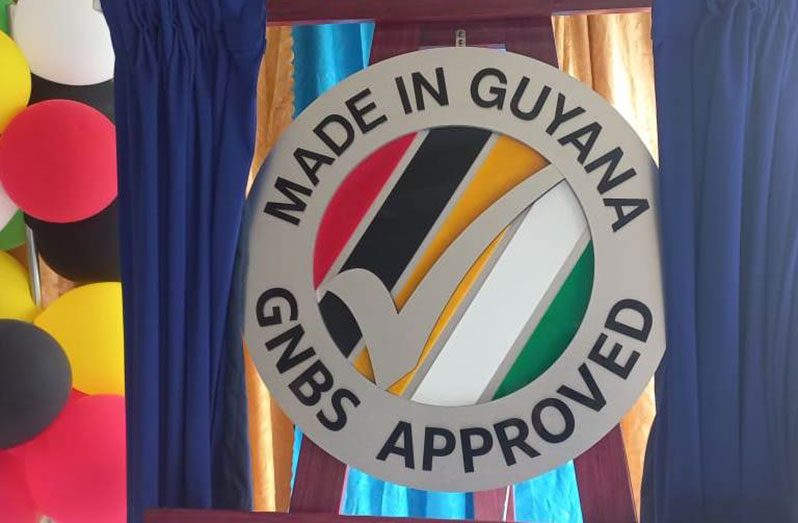Having to drop out of school did not stop one businessman from achieving great things in life
SOMAT Ali can still remember the days he went to school without any shoes. It certainly was not a problem to him as he continued gaining high scores at the BV Government School, year after year. But when it was time to go to high school in Georgetown, his family could not afford to send him, and so he had to drop out of school, much to his dismay.
Ali has never allowed any of life’s challenges to get in the way, but he used whatever opportunity was available to him to continue to make something of his life. Now the proud owner of Fibre Tech Industrial Plastics, the company which pioneered the country’s kitchen cupboard business in fibreglass, he couldn’t be happier that he allowed no challenge to bring him down.
At age 12, when he stopped attending school, Ali’s parents allowed him to work with their relatives, the owner of Eddie-Ham-Plastics in Kitty, who taught him many things in the fibreglass business.
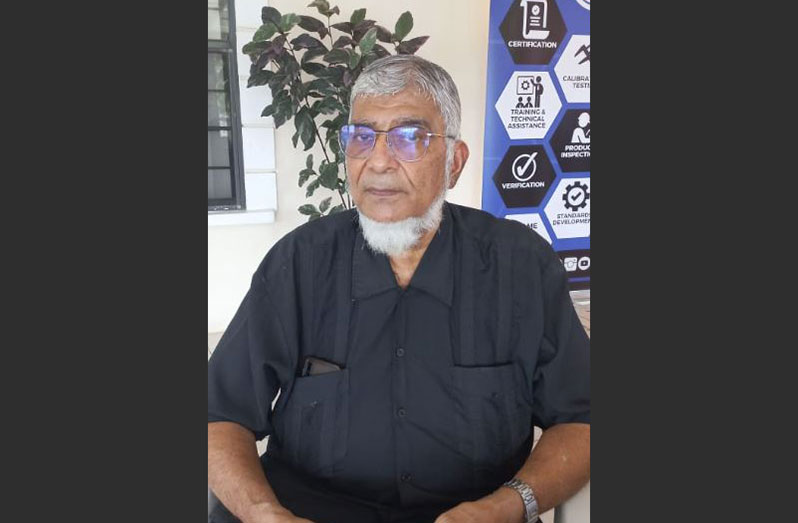
But even as he worked, he’d use the time travelling on the train back then to do lots of reading and studying and would also take night classes in accounting. “Those little things propelled me in life,” the 63-year-old told the Pepperpot Magazine recently at an occasion to mark his company’s receiving the ‘Made in Guyana Certification Mark’ issued by the Guyana National Bureau of Standards (GNBS).
“I have been in this business since I was 12 years old. I couldn’t afford to go to high school, but travelling in the train gave me a lot of time to read and study. So I would encourage any school dropout never to stop studying. Children should be taught a trade so they can make something of themselves, otherwise, they can fall into the wrong company and practices,” he observed.
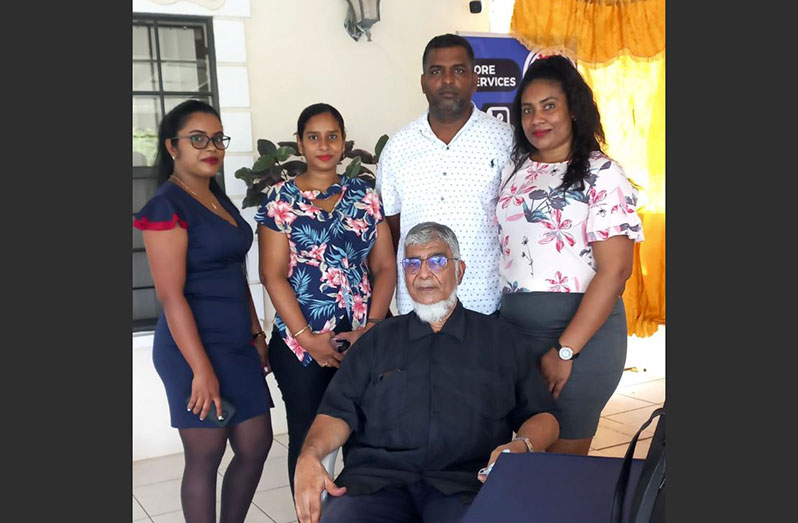
Ali would eventually leave the country due to its political turmoil at the time. Once things settled down, though, he was determined to come right back and open up his own business in his Triumph, Agriculture Road, East Coast Demerara home village.
His wife and children helped him to start up the business. Eventually, losing his wife and a son in death, however, was yet another hurdle that Ali had to endure. But he told himself that he still had his other two children to care for, hence continued pressing on.
Even though his business started as a family operation, Ali was able to hire workers who would become just like family to him. To this day, he still has some of the workers who started with him back in 1994. “My staff is like family to me. They’re very dedicated; they’re the best. Getting good people to work every day is one of the hardest things. So often you would see people across the country having a difficult time to find good labour.”
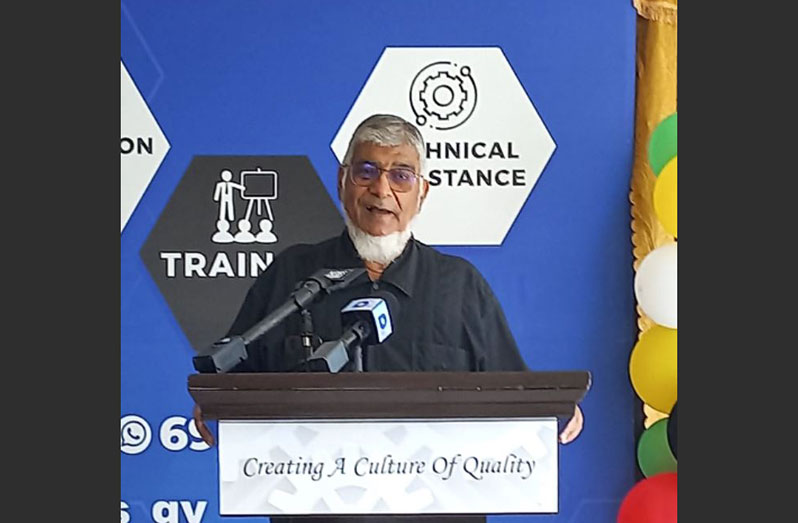
Apart from having a regular programme in place to teach his staff important skills, such as how to read and write, Ali would ensure that he teaches them how to do the job efficiently. “There isn’t anything that anyone has learned on the job that I didn’t teach them. We train everyone in fibreglass. As an example, we used to import moulds, but now I am teaching them how to make it right here,” he shared.
As manufacturers of fibreglass products, which can reportedly last a lifetime owing to their superior quality, Ali and his team started with kitchen and bathroom sinks and toilet bowl covers and tanks and then later introduced bathtubs.
When his house was gutted by fire – yet another challenge he had to contend with – he remembered ordering some lumber to build back his kitchen and other items destroyed in the fire.
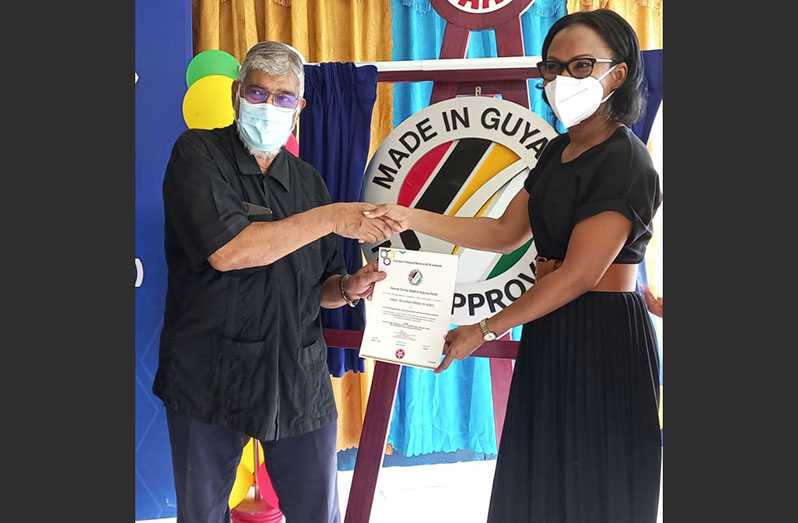
“When I looked at the cost using my materials, I said there is a niche market here; I can compete with this in fibreglass. That’s when we decided to experiment with a fibreglass kitchen. We would have been a lot bigger, but we were burnt down. We gradually were building back, but we still cannot afford to buy some of that equipment that we lost; they would be 20 times the cost now. But we are still getting there; we never stopped trying to improve our quality,” Ali shared.
Ali has always placed special emphasis on improving the quality of his products, and even though it took his company years and lots of hard work to achieve the Bureau of Standards certification, he kept pushing for it.
“The Bureau of Standards certification boosted our sales by over 20 percent. It took us years of work to achieve it, and now we have the ‘Made in Guyana Certification Mark.’ We are planning to work through them and to go for our ISO certification. While we’re at it, we might as well keep going. People want to see a certification mark, and we’re one of the few companies that give a full year’s warranty,” he offered.



.jpg)



